What is Restless Legs Syndrome?
Restless legs syndrome, or Willis-Ekbom disease, is a common condition causing an uncomfortable restless feeling in the legs and an irresistible urge to move. It is estimated to affect 10% of the population.
The feelings in the legs are typically very difficult to describe. People often say their legs are
Itchy on the inside
Squirmy
Antsy
Creeping feeling in legs
Achy legs
Like the urge to yawn, but in the legs
These uncomfortable feelings are accompanied by a strong urge to move, shake or stretch the legs, which reduces the unpleasant sensation. The feeling is most commonly felt in the legs, but it can also be felt in the arms.
The condition is usually much worse at night and can prevent you from falling asleep, which is why it is usually classified as a sleep disorder.
What causes Restless Legs Syndome?
The cause of restless legs syndrome (RLS) is not fully understood but is thought to be due to a problem with how your body uses a chemical neurotransmitter called dopamine, which can affect the activity of nerves in the spine and limbs.
A number of things can make RLS worse, such as caffeine, alcohol, nicotine and being tired. It is also more common if you are iron deficient and can be associated with other conditions such as kidney failure, diabetes and also occur during pregnancy.
What treatments work for Restless Legs Syndome?
RLS can sometimes occur as s result of another sleep disorder. Treatment of the primary sleep disorder usually has to take place before the symptoms of RLS will improve. This can be done through consultation with one of our specialist sleep doctors and carrying out a home sleep test.
Lifestyle changes
Various lifestyle changes can improve the symptoms of RLS. These can be grouped into reducing episodes of RLS, or alleviating the episodes once they occur.
Preventing episodes
Stopping smoking and reducing alcohol and caffeine - RLS is worse with alcohol, nicotine and caffeine. People often find these do not need to be cut out entirely, just reduced. A good approach with alcohol and caffeine is to completely avoid them for two weeks and see if your symptoms disappear. Then you can slowly re-introduce these items until you find the level at which your symptoms return and use this as a guide.
Getting a good night’s sleep - RLS is worse when you are tired, so focusing on sleep hygiene can improve symptoms. Things like making sure you go to bed early, that your room is cool and dark, and avoiding screen time before bed can mean you get better sleep.
Regular moderate exercise and stretching during the day are often found to be beneficial.
Alleviating episodes
Relaxation and distraction techniques – when RLS is mild, sometimes reading a book or having a conversation with someone can reduce your focus on your symptoms
Walking and stretching – these activities typically reduce the uncomfortable sensations and can also help you to relax and refocus your attention away from your symptoms
Hot baths and leg massage – some patients report some improvement
Medical treatments
While RLS is not fully understood, it seems to be worse if you are low in iron. It is useful to check your iron levels and ensure they are at the top end of the normal range. Daily iron supplements can help with this.
The reduced activity of the chemical neurotransmitter dopamine is thought to be important in the development of RLS. When RLS is severe, sometimes medications are given to increase the overall amount of dopamine in the body. There can be a number of side effects associated with dopamine medications, so a careful discussion has to take place between you and your sleep doctor on the risks and benefits
The symptoms of RLS are usually worse when you are very tired. Occasional use of a sleeping tablet in order to avoid extreme tiredness can prevent the severe symptoms of RLS. This would need careful discussion with your sleep doctor and should always be carried alongside good sleep hygiene measures
The symptoms of RLS can be extremely unpleasant and have a significant impact on the quality and quantity of your sleep.
If you think you have this condition then book a consultation with one of our sleep doctors today and take the first step towards regaining a proper night’s sleep.

